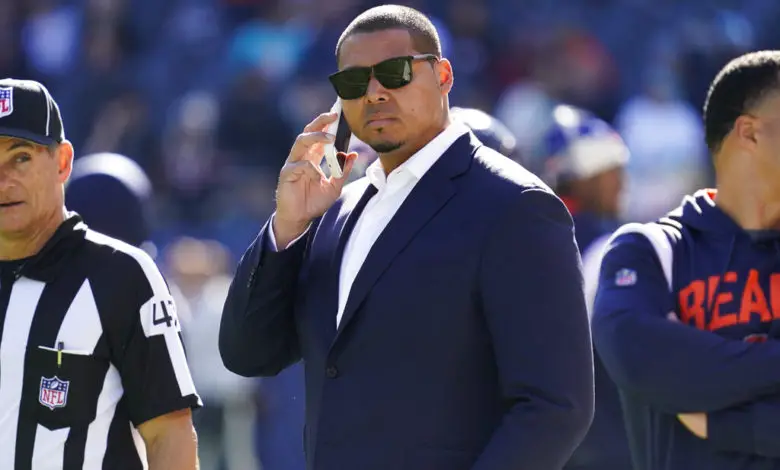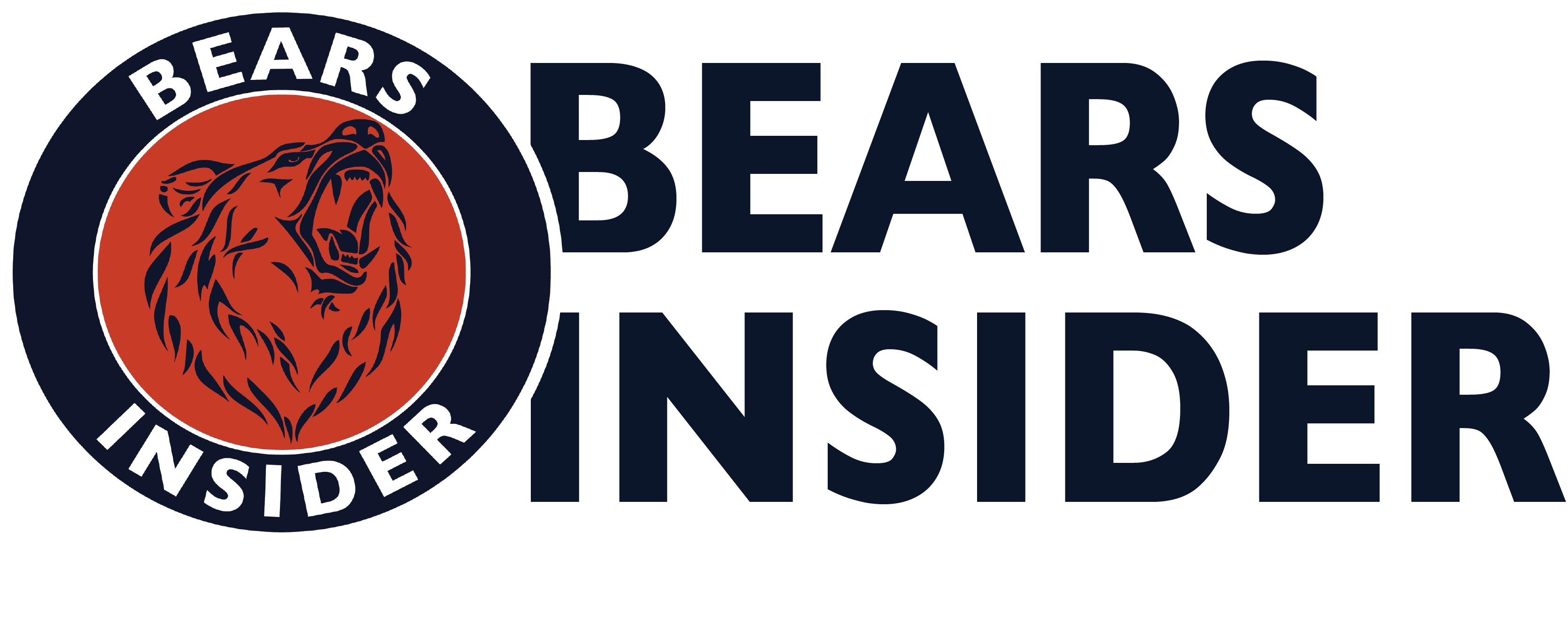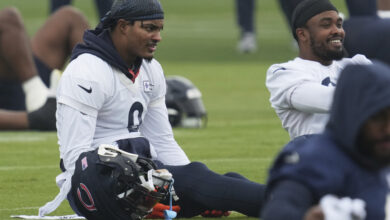
Did the Bears Get Enough Value from the Panthers for the No. 1 Pick?
The mathematics of the deal give Ryan Poles a significant win
For the record, I believe the Bears won the blockbuster trade that sent the top pick in the draft to the Panthers. Chicago received the Nos. 9 and 61 picks, a first-round pick in 2024, and a second-round selection in ’25. Oh yeah, GM Ryan Poles demanded WR D.J. Moore instead of an additional first-round pick in ’25, and Carolina acquiesced. Some folks think Poles was fleeced.
The tweet below is one of the poorest of hot takes, and the author is not a Bears fan. But some Bears fans are saying the same, misinformed things.
Sorry not sorry but all of you are wrong. I’m ALWAYS a trade down guy. That being said Chicago got robbed. It’s obvious you guys don’t know the NFL Draft trade value chart. Ryan Poles has shown his cards. Total dope.
If CAR pick Stroud or Young they should be NFC South favs pic.twitter.com/oVI7FJXqzg
— Trey Daubert (@treydaubert) March 10, 2023
I tend to look at DraftTek when these types of arguments arise. They have an interactive draft trade value chart and it’s so good, some front offices rely on it. That includes the Patriots, who built their model on DraftTek’s original analytics. So I’m going to use it for my analysis. There are a couple of caveats, however.
- The value we place on Moore is a theoretical analytic. I’m going to use A.J. Brown as my comp. Brown, whose career is pretty similar to Moore’s, was traded by the Titans to the Eagles on Draft Day last year. Tennessee received the Nos. 18 and 101 picks in return.
- The No. 1 pick has a value of 1,000 base points, so if Carolina’s package exceeds that value, then Chicago won the trade.
- Poles has his own valuation system. He bases the value of the picks he received from the Panthers on the players that will be available (in his mind) when the Bears are on the clock. If his top guy falls to No. 9, he would theoretically be worth 1,000 points. I’m not going to factor that in because I haven’t seen Poles’ board.
- What also can’t be quantified is the significance of adding Moore to Chicago’s receiver room. He instantly makes Justin Fields better but also pushes Darnell Mooney and Chase Claypool into their comfort zones schematically. Mooney is once again WR2, and Claypool will be a slot receiver and an upgrade over Byron Pringle. Or the two may interchange. That means the Bears’ offense is less reliant on Equanimeous St. Brown and Velus Jones becomes the specialty wildcard Poles envisioned when he drafted him.
Did you get all that? Good, because we are about to get into the mathematics of the deal.
Based on the DraftTek values, we know the No. 9 pick is worth 387 points, and the No. 61 is worth 86 points. That leaves Poles 552 points shy of breaking even. If we consider Moore the equivalent of the 18th and 101st picks, his value is 287 + 35, or 322 points. That’s based on the cost for the Eagles to acquire Brown and leaves Poles 230 points shy.
Let me pause for a moment. Most folks believe the Bears would have been better off demanding a second-round pick this year instead of Moore. The Panthers have one selection in this year’s second round, and it’s No. 39, which is worth 153 points, so Moore is the better theoretical value. If Chicago chose to accept Carolina’s first-round pick in 2025, assuming it’s a top-15 selection, it’s worth a minimum of 315 points. Poles is still ahead, but he gets two years of production from Moore to boot.
That production can’t be ignored. It’s difficult, if not nearly impossible to quantify, but let’s go with the old adage that “a bird in the hand is worth two in the bush.” So give Poles 322 x 2 in the asset column, and subtract 315 on the debit side of the ledger. That’s a net gain of 329 points. Before we add the two future picks, Poles has netted 387 + 322 + 329 for a total of 1,038 points.
Assuming Carolina’s first pick in 2024 is a top-10 selection, that means Poles added an additional 369 points, minimum. And, based on the calculation above, the second-round pick in ’25 is worth at least 124 points. There is no offset production to reduce that valuation because the Bears did not send any players to the Panthers. The additional 513 points give the Bears a 1,551 to 1,000 edge. To put that in perspective that is the equivalent of the third overall pick this year, plus another selection at the end of the third round.
Therefore, if you feel the Bears would have been better served to trade the No. 1 pick to the Falcons or Colts, that’s not necessarily true.
Granted, the quarterback that the Panthers will select could lead them to the Super Bowl, which would drastically change the calculations. Poles would end up on the wrong side of the trade in such a scenario. Is that likely? I’d say it’s improbable if not flat-out impossible. Carolina has as many holes as the Bears, and now they have fewer assets to fill them. I’d give Poles the victory by a significant theoretical margin.

